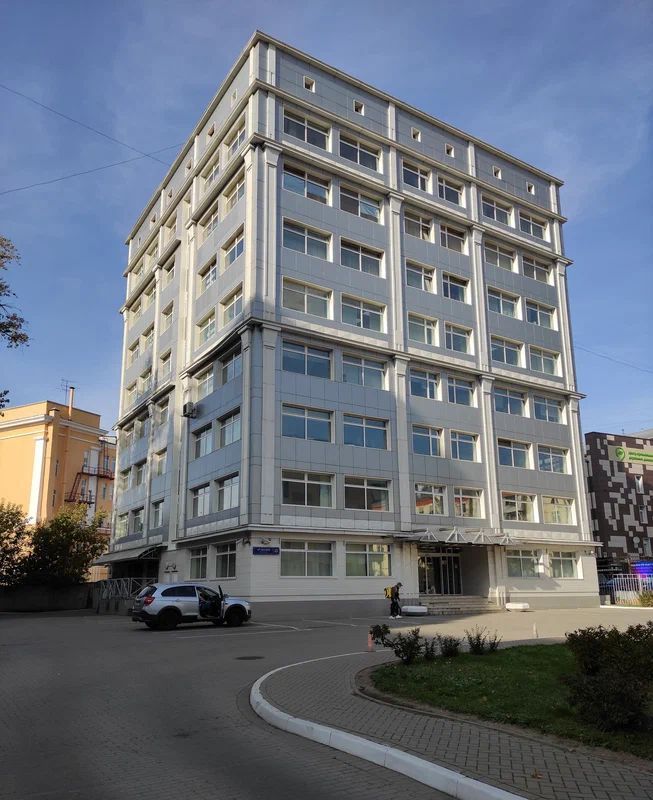Regional Footprint
Explore Markets
Inpharmus has an established presence in each of the territories shown on this interactive map.
Click on a region to learn more about our regional operations and the local market opportunities we can help you access..




.png)






Our Partners
We collaborate with over 10 international biopharma leaders and have been recognized for excellence in market access and commercialization. Our expertise allows us to navigate complex regulatory environments and execute successful market strategies with efficiency and precision











Get in Touch
TURKIYE OFFICE: Esentepe Mh. Büyükdere Cd. Kanyon Ofis Bloğu No: 185 Kat: 14 34394 Levent-Şişli İSTANBUL/TÜRKİYE
Toll FREE: +90 212 386 31 30, +90 212 386 31 61
Email: info@inpharmus.com
UAE OFFICE: Dubai Science Park – North Tower 11th Floor Al Barsha South, Dubai, United Arab Emirates
Toll FREE: +971 4835 7899
Russia Office: 4th Lesnoy Lane, 13, tverskoy municipal district, 125196, Moscow, Russian Federation
Toll FREE: +7 495 150 75 06



.avif)
.svg)










